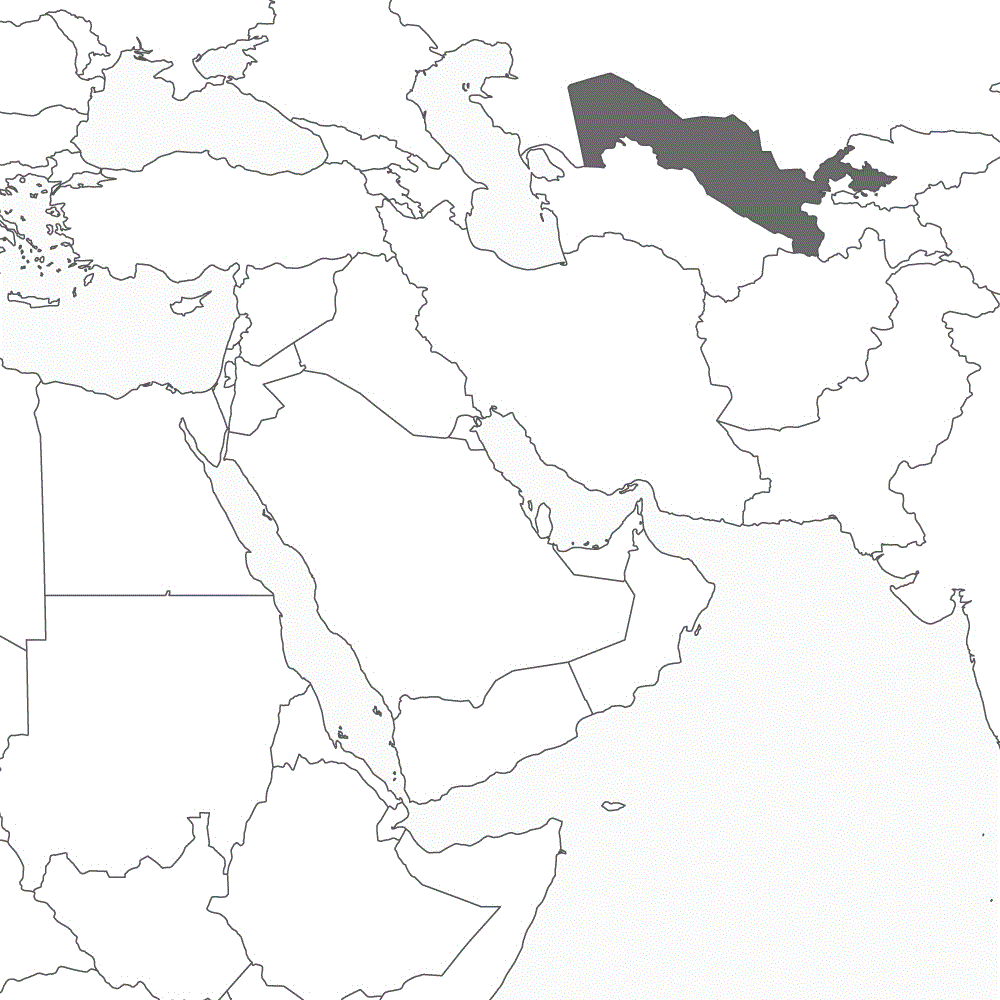BERLIN/TASHKENT (Own report) - To secure its influence in Central Asia in rivalry to Russia and China, Berlin is taking new initiatives toward Uzbekistan, the most populous country in the region. Among the five post-Soviet Central Asian countries, Uzbekistan has been Germany's key partner for the past 25 years, even hosting a Bundeswehr base over an extended period of time. Now the German government seeks to reinforce it position in Uzbekistan by expanding economic relations. Uzbek President Shavkat Mirziyoyev, in office since one year, is initiating a neo-liberal policy in his country. At the same time, Russia's rise in influence in the economic and military sectors, alongside China's greatly enhanced economic advances has put Germany under pressure. If Germany does not want to lose ground in Central Asia, it must act quickly. Read more
- (Hans-Rüdiger Minow)
AACHEN german-foreign-policy.com spoke with Hans-Rüdiger Minow about Polish demands for reparations for the mass crimes committed by the Nazis. Minow is the Spokesperson for the Board of Directors of the "Train of Commemoration." On behalf of the "Train of Commemoration," he had advised Polish and other Eastern European victims' organizations, which had convened in Warsaw in 2010 to quantify their reparations claims. There was a reconstruction of the revenues collected by the German Reich from mass deportations with the "Reichsbahn" railway to forced labor and extermination camps, including Auschwitz. Transport by rail, for the benefit of Berlin's state treasury, had affected three to six million people in Poland. The Federal Republic of Germany owes repayment of these revenues. Read more
BERLIN/TASHKENT (Own report) - To secure its influence in Central Asia in rivalry to Russia and China, Berlin is taking new initiatives toward Uzbekistan, the most populous country in the region. Among the five post-Soviet Central Asian countries, Uzbekistan has been Germany's key partner for the past 25 years, even hosting a Bundeswehr base over an extended period of time. Now the German government seeks to reinforce it position in Uzbekistan by expanding economic relations. Uzbek President Shavkat Mirziyoyev, in office since one year, is initiating a neo-liberal policy in his country. At the same time, Russia's rise in influence in the economic and military sectors, alongside China's greatly enhanced economic advances has put Germany under pressure. If Germany does not want to lose ground in Central Asia, it must act quickly. Read more
- (Hans-Rüdiger Minow)
AACHEN german-foreign-policy.com spoke with Hans-Rüdiger Minow about Polish demands for reparations for the mass crimes committed by the Nazis. Minow is the Spokesperson for the Board of Directors of the "Train of Commemoration." On behalf of the "Train of Commemoration," he had advised Polish and other Eastern European victims' organizations, which had convened in Warsaw in 2010 to quantify their reparations claims. There was a reconstruction of the revenues collected by the German Reich from mass deportations with the "Reichsbahn" railway to forced labor and extermination camps, including Auschwitz. Transport by rail, for the benefit of Berlin's state treasury, had affected three to six million people in Poland. The Federal Republic of Germany owes repayment of these revenues. Read more
